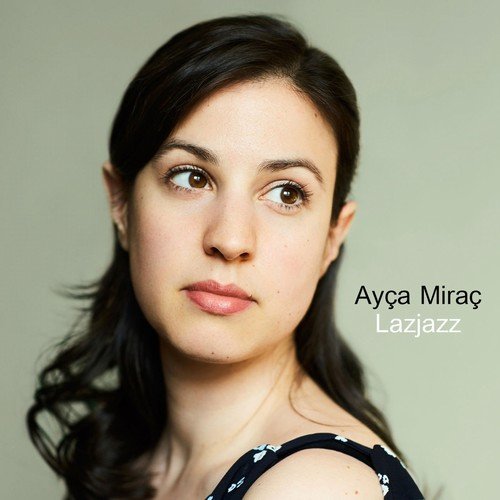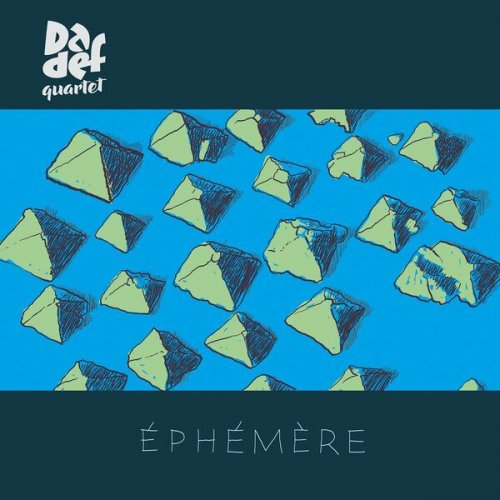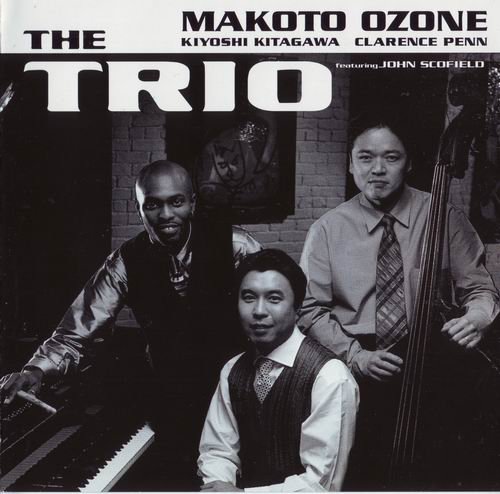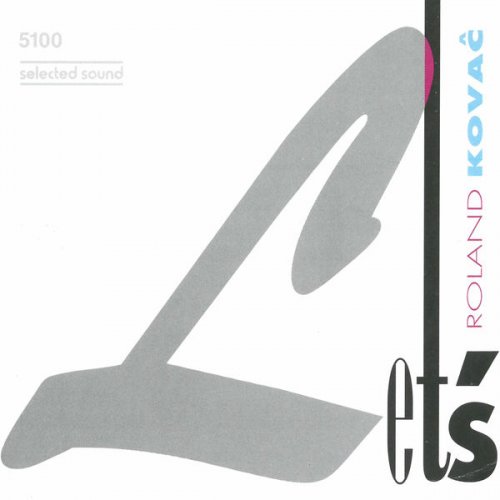Ayça Miraç - Lazjazz (2018)

Artist: Ayça Miraç
Title: Lazjazz
Year Of Release: 2018
Label: Jazzhaus Records
Genre: World, Ethnic, Jazz
Quality: MP3 320 kbps / FLAC (tracks)
Total Time: 40:03 min
Total Size: 92 / 199 MB
WebSite: Album Preview
"The Black Sea has always been a melting pot of cultures, a fascinating network of tones that is unknown to us. Along with her quintet, the young Jazz singer Ayça Miraç leads us into this world and connects it to the here and now: on her touching debut ""Lazjazz"" she spans a unique sound bridge between the centuries - from the cultures of the Laz and Mingrelian to the Bosphorus and onward to Bill Evans.Title: Lazjazz
Year Of Release: 2018
Label: Jazzhaus Records
Genre: World, Ethnic, Jazz
Quality: MP3 320 kbps / FLAC (tracks)
Total Time: 40:03 min
Total Size: 92 / 199 MB
WebSite: Album Preview
It rarely happens that after just a few bars, such a strong charm for the ears is created: ""E Asiye"" is the opening song of the debut CD by Ayça Miraç, which gives us a strangely mysterious melody. It touches upon deep layers of music history, warms the soul like a familiar feeling that has long been lost to us and now returns unexpectedly. This melody comes from the cultural treasure of the Lazi. Maintaining it is a primary concern for the singer.
Ayça, who grew up in Gelsenkirchen, Germany, draws from a wealth of cultural sources. Even her grandfather was enthusiastic about classical Turkish music and during her regular visits to Istanbul, the granddaughter heard these sounds. Here she has her second home. Ayça's father is the well-known poet and writer Yasar Miraç. Through his modal piano improvisations on Turkish melodies, he had an early influence on his daughter's musical imagination. Many of his poems are set to music, including by the incredibly popular folk group Yeni Türkü.
The second major source of sound for Ayça is the Lazi people - an indigenous group inhabiting the Black Sea coastal regions of Turkey and Georgia. Ayçar019s Lazi mother is a founding member of Lazebura e.V., the association dedicated to the preservation of UNESCO's threatened language. Ayça attends Lazi festivals and concerts, explores the variety of music of these people. They have been subjected to permanent repression as a minority throughout their history. She strives to learn the sonorous idiom of the Black Sea ""natives"". And she enjoys this sonorous language during her stays in the region, which is wonderfully suited to musical embedding thanks to her use of onomatopoeia.
For Ayça, one thing was sure, after her schooling she was determined to turn her great passion for singing into her life. Jazz studies at the Dutch ArtEZ Conservatorium are on a high pedestal, including bossa nova and classical songs, such as those by Schubert or Debussy. Highly motivated, Ayça Miraç also colored her repertoire with Lazi and Turkish colors.
After many steps her courageous vision became clear: to combine the vocabulary of jazz with the treasure of the Black Sea coast into a modern sound language. She names this vision with a catchy and conclusive attribute: ""Lazjazz"". She gets help personally from Wayne Shorter: ""Explore the barriers of your mind and do not be afraid of your own potential,"" he tells her in an intensive encounter.
Essential for the realization is bassist Philipp Grußendorf, whom she met during her Dutch years. Together, the two try out this new realm and begin creating the first arrangements. Grußendorf brings an acquaintance, the Brazilian pianist Henrique Gomide, to the emerging band, and in Markus Rieck, Ayça Miraç finds a sensitive drummer who approaches the sound of her voice respectfully. Finally, violinist Daphne Oltheten, gives the texture a rich overtone of colors. Nine fascinating songs are the result of this successful venture: the unique tonal language of Middle Eastern roots, US jazz and a touch of Latin flair combine the five musicians into an electrifying dramaturgy, with the clear voice of Ayça Miraç at the center.
The opening song ""E Asiye"" shows how the singer understands how to symbiotically insert an old, Laz melody into a jazz context. Subtly, she captures the traditional two-part harmony in the quarter-parallel between voice and violin - this old polyphony is still alive today with those Lazi that live on the Georgian border. Also in a Lazi dialect is ""Avlaskani Cuneli"" from the repertoire of the young dec"
Tracklist:
01. Ayça Miraç - E Asiye
02. Ayça Miraç - Avlaskani Cuneli
03. Ayça Miraç - Veengara
04. Ayça Miraç - Trabzon Sarkisi
05. Ayça Miraç - Va Giorko Ma Chela
06. Ayça Miraç - Dream of Ilham
07. Ayça Miraç - Turn out the Stars
08. Ayça Miraç - Üsküdar‘a Giderken (Kâtibim)
09. Ayça Miraç - Menina Da Lua
![Karin Krog & John Surman - Infinite Paths (2015) [Hi-Res] Karin Krog & John Surman - Infinite Paths (2015) [Hi-Res]](https://www.dibpic.com/uploads/posts/2026-02/1770025527_env1crs2mqx1a_600.jpg)





![Dewa Budjana, Czech Symphony Orchestra - PragueNayama (2026) [Hi-Res] Dewa Budjana, Czech Symphony Orchestra - PragueNayama (2026) [Hi-Res]](https://img.israbox.com/img/2026-01/30/svtc5ews9mwy8fxfbhiwifo2f.jpg)

